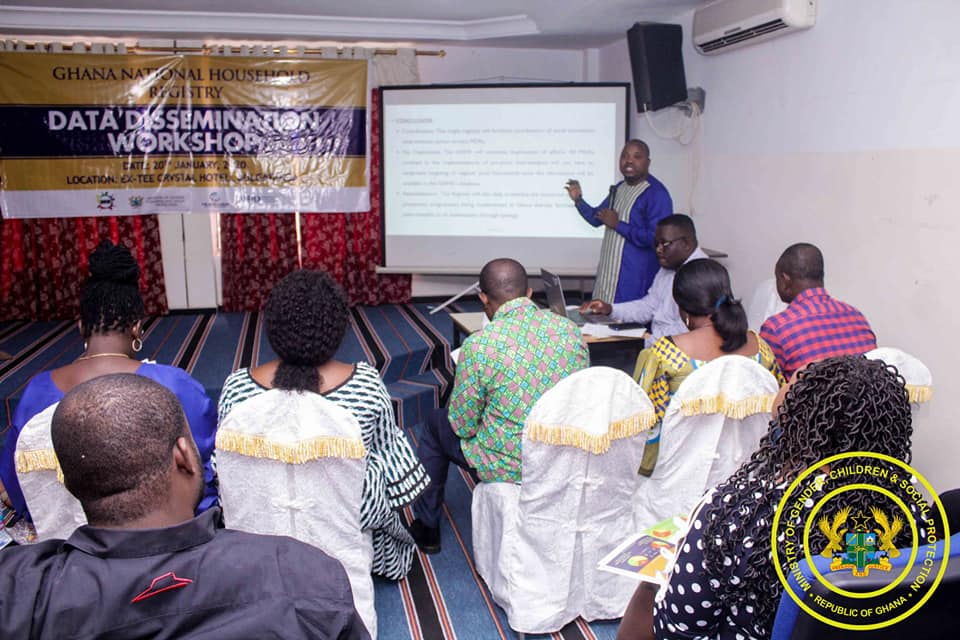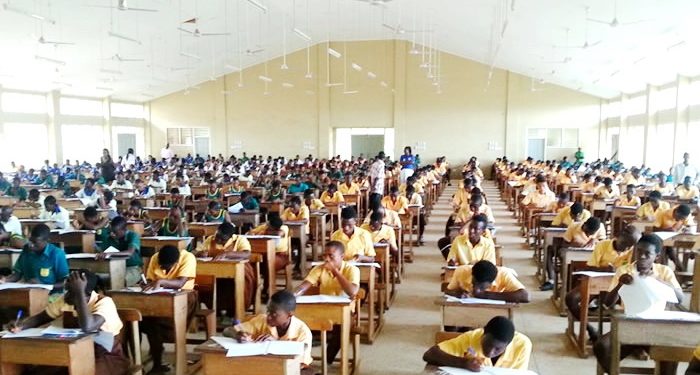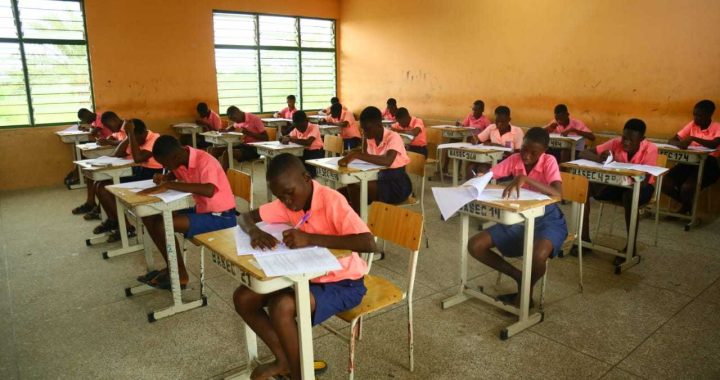GNHR Held a Data Dissemination Workshop in Bolgatanga

The Ghana National Household Registry (GNHR) was established in 2015 as a unit under the Ministry of Gender, Children and Social Protection (MoGCSP) with the mandate to create a Single National Household Register from which all social protection programmes in Ghana will select their beneficiaries.
The establishment of the registry by MoGCSP is one major step that will make the targeting of beneficiaries of social protection programmes much more effective and thereby strengthen Ghana’s social intervention system.
The Ghana National Household Registry successfully completed its data collection exercise in the Upper East Region in May 2018. The registration exercise involves the collection of information on the composition and socio-economic characteristics of households. The data has been analyzed and is ready for sharing.
Due to this, the Ghana National Household Registry organized a data dissemination forum in Bolgatanga, Upper East Region on Monday, 20th January 2020 to create the necessary awareness among stakeholders on the data collected and the modalities for accessing the data.
The Minister for Gender, Children and Social Protection, Hon. Cynthia Mamle Morrison in her welcome address said as the sector Minister charged with the responsibility of ensuring policy formulation, coordination and monitoring of gender, children and social protection issues in the country, she is very committed to seeing to it that Ghana gets a credible social register of the poor and vulnerable in Ghana and that the richness of this data calls for social protection practitioners, MMDA’s, academia and CSO’s to use the data for research, planning and targeting. According to her, the GNHR has a data sharing protocol to ensure that the right data is given out and in the requisite format.
According to her, Government’s vision of moving Ghana beyond aid calls for a scientific quantification of the poor to enable the state know where they are and readily assist in lifting them from poverty and the GNHR will be very paramount in the achievement of this laudable vision as the registry will help give poverty a name, face, location and identity known by the state.
READ ALSO: Keep an eye on GNPC to check ‘wasteful’ expenditure – PIAC to Parliament
Hon. Cynthia Mamle Morrison said a total of One hundred and eighty-four thousand, one hundred and twenty-five (184,125) households were enumerated in total and had 58% of the households being male-headed. She said about 28% are extremely poor with 35% being non-poor with Garu-Tempane topping the chart as the most extremely poor District with the Bolgatanga Municipality being the least extreme poor in the Region.
She said the elderly population in the region is about 6.7% with 3.4% living with disability whilst the number of households benefiting from at least one social protection programme is 15% resulting in a total of 17.4% benefit in all social protection programmes.
In her address the Upper East Regional Minister, Hon. Tangoba Abayage, said it is their expectation that the data collected by GNHR will not only help social protection programmes in the country to effectively target their beneficiaries but it will be useful for public policy planning and management as well as research and development in the areas of social protection for the poor, vulnerable and excluded in the society. The Upper East Regional Minister believes that the data will serve as a very good weapon for them to fight poverty and vulnerability which are very endemic in her Region.
According to Dr Charles Kesse, Director for Research at the Local Government Service on behalf of the Head of Service the use of the data will psychologically if not economically salvage the colossal sum spent on its compilation and therefore the non-usage of the data or allowing it to remain on hard disc should not be part of their contemplation.
He proposed that they should find credible and reliable ways of updating the data periodically at a minimum cost, Non-governmental organizations and other users should be made to pay some small but reasonable fee for its maintenance and the accessibility of the data should be impersonal that is devoid of the biodata of the respondents.
Dr. Prosper Larri the Ghana National Household Registry Coordinator in his presentation on the Analysis of the Upper East data stated that the GNHR hopes to get the needed resources to undertake the exercise throughout the country and update their records so the indices can always be up to date for a more credible register so as to capture all the extremely poor and also keep up to date register. This he hopes will help keep a healthy and steady demand for GNHR data so that they can facilitate coordination of social protection intervention across all the MMDAs to avoid any duplication. He added that once the register will help streamline these things they can have an effective rationalization of the entire exercise

 Bimbilla: College of Education students leave campus as CETAG strike continues
Bimbilla: College of Education students leave campus as CETAG strike continues  Angie’s Leaked Tape: Angie Stylish Has Disgraced Konongo Odumase School – School Mate Angrily Speaks
Angie’s Leaked Tape: Angie Stylish Has Disgraced Konongo Odumase School – School Mate Angrily Speaks  1st STEM College of Education in Ghana: Bawumia cuts sod for construction
1st STEM College of Education in Ghana: Bawumia cuts sod for construction  Stop denying students exeat; NAGRAT to SHS Heads
Stop denying students exeat; NAGRAT to SHS Heads  BECE; Four Teachers caught up for assisting students- WAEC
BECE; Four Teachers caught up for assisting students- WAEC  North Tongu District BECE Candidates prevented from wearing shoes or belts
North Tongu District BECE Candidates prevented from wearing shoes or belts  Bawumia’s smartphone pledge misguided and visionless – Adongo
Bawumia’s smartphone pledge misguided and visionless – Adongo  Good Grow: The Marijuana Farm Founded by Akufo-Addo’s Daughters
Good Grow: The Marijuana Farm Founded by Akufo-Addo’s Daughters  National Food Suppliers for Free SHS set to picket at Education Ministry
National Food Suppliers for Free SHS set to picket at Education Ministry  Information Ministry justifies ¢151k paid to staff as Covid-19 risk allowance
Information Ministry justifies ¢151k paid to staff as Covid-19 risk allowance